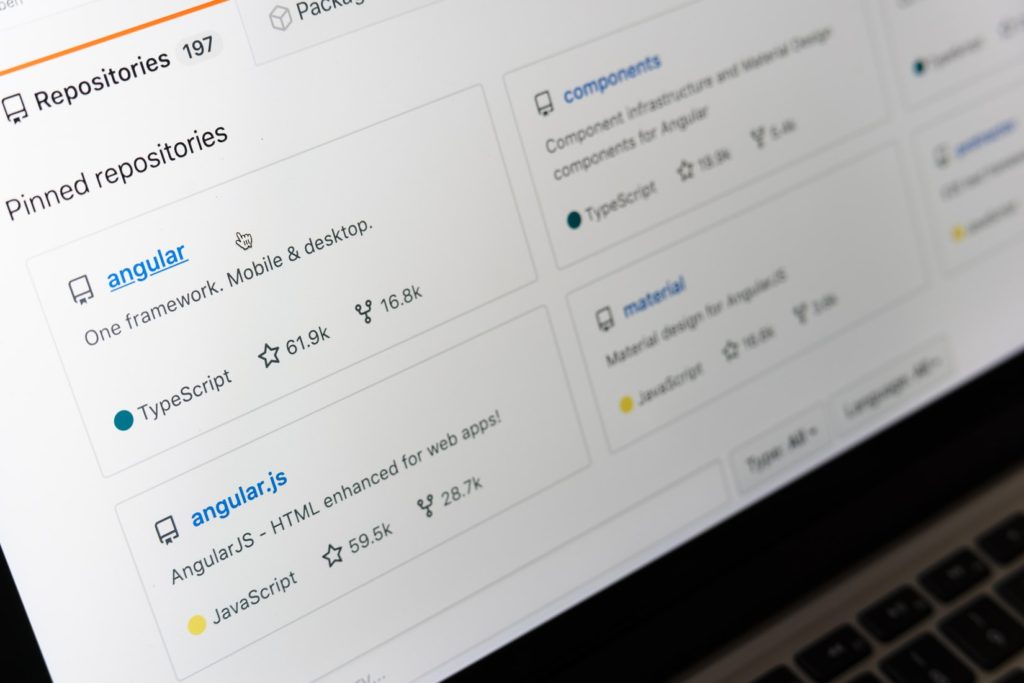A portfolio is a collection of work that showcases your talents to the world. For example, in software development this might mean contributions you’ve made to open source projects, an e-commerce site you built for a friend, or even a fun chatbot you made for dispensing Chuck Norris jokes!
A strong portfolio is a critical factor to succeeding in a job search, in particular for job searches done earlier in one’s career, when you typically don’t have years of prior paid experience to reference. Employers tend to love portfolio projects because unlike a resume or cover letter, they directly demonstrate your abilities and interests.
So many of my former students have told me that their job interviews essentially became a discussion about their portfolio work, with the employer asking them questions about how and why they built their projects. This ability to communicate about the work you’ve done might actually be as important as the work itself. Former students constantly tell me things like, “it was the video game I made over the summer that actually got me the job”. A portfolio signals to the employer that you are passionate about your craft, and that you have an ability to learn new ideas outside of a classroom environment.

The work contained in a portfolio can be work done during paid employment, but it can also be side projects, passion projects and “pro bono” work done to help your community. By creating a portfolio of side projects, a portfolio can be a great way to break the old paradox that “you need experience to get a job, but all the jobs require experience”. It’s also just really fun to work on and create things that you personally are passionate about. You might not be able to get paid to create a website for your favourite hobby, or for a non-profit organization, but it feels good and rewarding when you create something not because you’re being told to by your boss or a teacher, but because you wanted to make it happen.
The barrier I’ve noticed for many people in developing portfolio projects is that they just don’t know where to get started or what to do when they get stuck. Classroom learning tends to be very structured compared to the more self-directed learning and effort that a portfolio passion project can require. It also tends to be focused on understanding foundational concepts rather than identifying real-world problems and then applying those foundational concepts to those real-world situations. Then there’s the idea problem… what should you build that will showcase your skills, allow you to learn and work on something you’re passionate about, and impress employers?
Portfolio Courses was created to help students build portfolio projects by providing the ideas for projects, and the step-by-step help to complete the projects from start to finish. The courses allow students to customize their project to apply it to problems that they are passionate about, with lists of ideas accompanying each course or options for customization, so that every student that takes a course can have their own unique project. Our goal is to leave you with a project that you can use to impress employers, that you’ll understand and be passionate about, and that you can demo and discuss during an interview to help get that job!